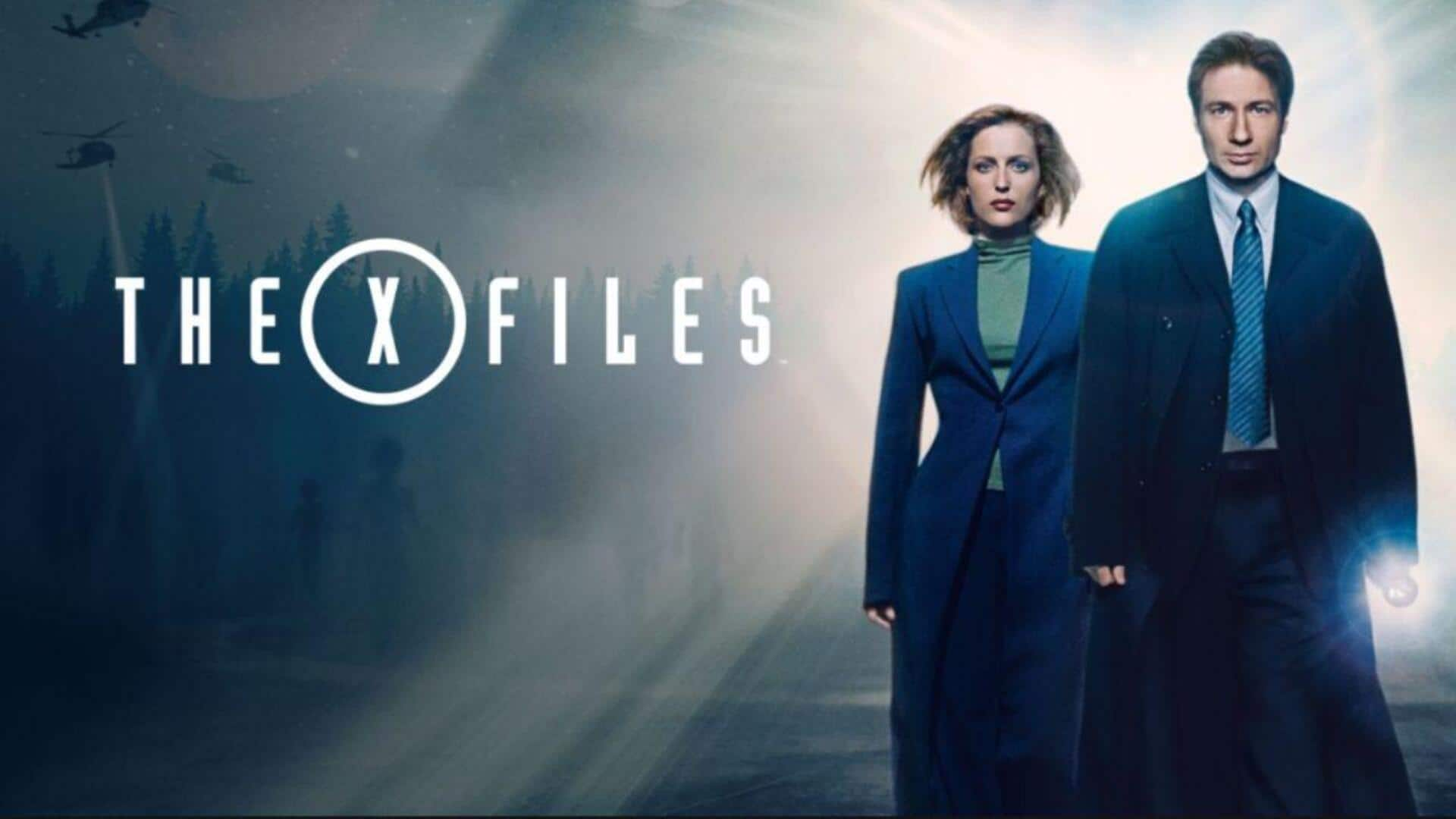
5 'X-Files' secrets that'll change how you see the show
What's the story
The X-Files captivated audiences with its intriguing blend of science fiction, mystery, and drama. Premiering in the early 1990s, it soon became a cultural phenomenon. While many fans are aware of the show's iconic characters and storylines, some lesser-known facts about its production add depth to its legacy. Here are five behind-the-scenes insights into the making of this groundbreaking series.
Name origin
The origin of Mulder's name
The X-Files's protagonist, Fox Mulder, carries a name that was personally chosen by the show's creator, Chris Carter. It turns out the character's first name, Fox, was inspired by Carter's childhood friend. The choice certainly adds a whole new layer to the character and says something about Carter's influence on the show.
Filming location
Vancouver is an unplanned setting
Though it was originally intended to be shot in Los Angeles, The X-Files ended up being filmed in Vancouver for most of its run. The decision was mainly a result of the budget, but ultimately added to the show's atmospheric tone. Misty landscapes and overcast skies became synonymous with The X-Files, adding to its mysterious ambiance.
Cast changes
Gillian Anderson's unexpected pregnancy
Back in the second season of The X-Files, actor Gillian Anderson unexpectedly became pregnant. This development led to some creative adjustments in the shooting schedules and storylines. The writer cleverly incorporated her pregnancy into the plot by having her character abducted by aliens, giving the narrative an unexpected twist.
Music composition
Iconic theme music creation
The haunting theme music of The X-Files is so iconic and played a huge role in setting the mood for each episode. How Mark Snow composed this iconic piece is an interesting story. He was experimenting with different sounds on the keyboard. However, the eerie whistle effect came from an echo delay feature, which Snow accidentally stumbled upon.
Genre impact
Influence on future sci-fi shows
The X-Files played a pivotal role in the evolution of sci-fi on TV, raising the bar for the genre. Its phenomenal success proved that audiences had an insatiable appetite for stories laced with conspiracy theories and paranormal activities. What was once exclusive to The X-Files is now a staple in most of today's sci-fi series, proving the show's timeless contribution to narrative complexity and genre innovation.